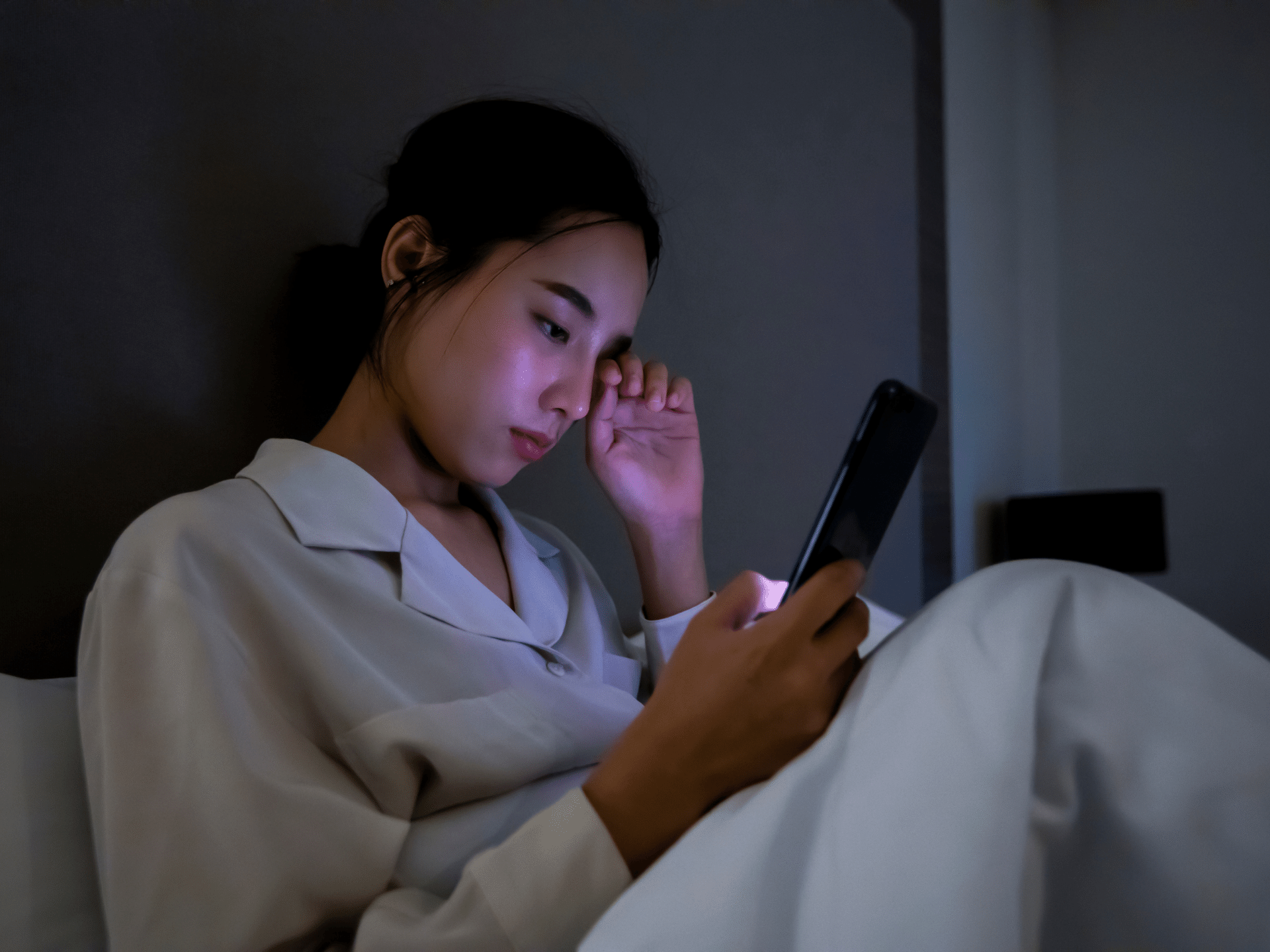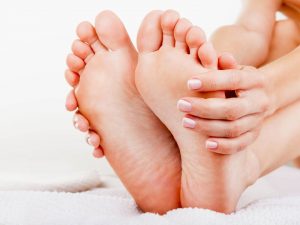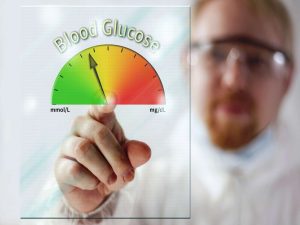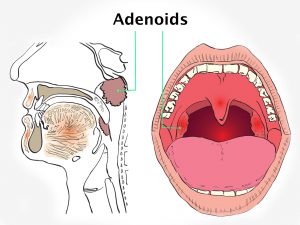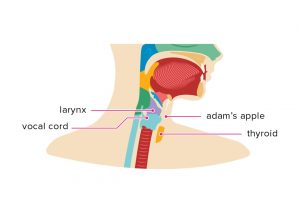Most people go to sleep at night and after an undisturbed sleep of 6 to 7 hours, they wake up refreshed in the morning. Some people however do not follow this pattern.
They find themselves tossing and turning in the bed, unable to sleep. Even if they fall asleep, it is for a short period of 2 hours or so. They then find themselves yawning through the day and taking frequent short naps.Such people are not essentially sleep – deprived. They get the adequate number of hours of sleep needed by the body per day, only not at a stretch but in spurts. When this is seen, the people are said to be suffering from sleep – wake disorder.
Insomnia during the night and excessive sleepiness during the daytime are the most common symptoms of this disorder.
People who have irregular work timings, frequent travelers who are prone to suffer from jet-lag are the ones in whom this sleep disorder is found most commonly.
Why does this disorder occur?
Our body has a certain pattern of functioning. The Circadian Rhythms are the physical, mental and behavioral changes that your body makes in response to light and darkness. The body-clock is an internal mechanism that regulates all the body functions including sleeping and waking. The brain secretes a hormone called Melatonin that helps in normal sleeping, and is released more at night, in the darkness.
With this knowledge of Melatonin now it is easier to understand the sleep-wake disorder. The disturbances in circadian rhythms are the primary cause for sleep-wake disorders. Therefor those persons who do not have a daily routine or a set schedule are more prone to develop sleep-wake disorder.
The changes in the brain due to psychiatric or neurological disorders increase the prevalence of this disorder in elderly people.
The Sleep-wake disorder is not a medical emergency and some amount of disturbances in sleep is considered as normal. However, if one is suffering from disturbed sleep for a considerable amount of time and cannot attribute it to any specific reason, it is time to visit a doctor.
The doctor will monitor 2 to 3 cycles of sleep with the help of a sleep-diary and an actigraph, a watch-like device that keeps track of when you sleep and when you are awake.
Once the diagnosis is confirmed, the doctor will suggest you ways to get over this disorder. There may be no simple cure for the disorder. Several lifestyle changes are included in the treatment, like –
- Controlling exposure to light – exposure to blue light from television screens and computer screens can be high during the day but it should be drastically reduced at night.
- Melatonin supplements
- Add more structure to the schedule; include a time-table that has to be followed strictly and some amount of physical exercises
- Making the sleep environment as cozy and inviting as possible
- Keeping the sleep environment free of noise.
